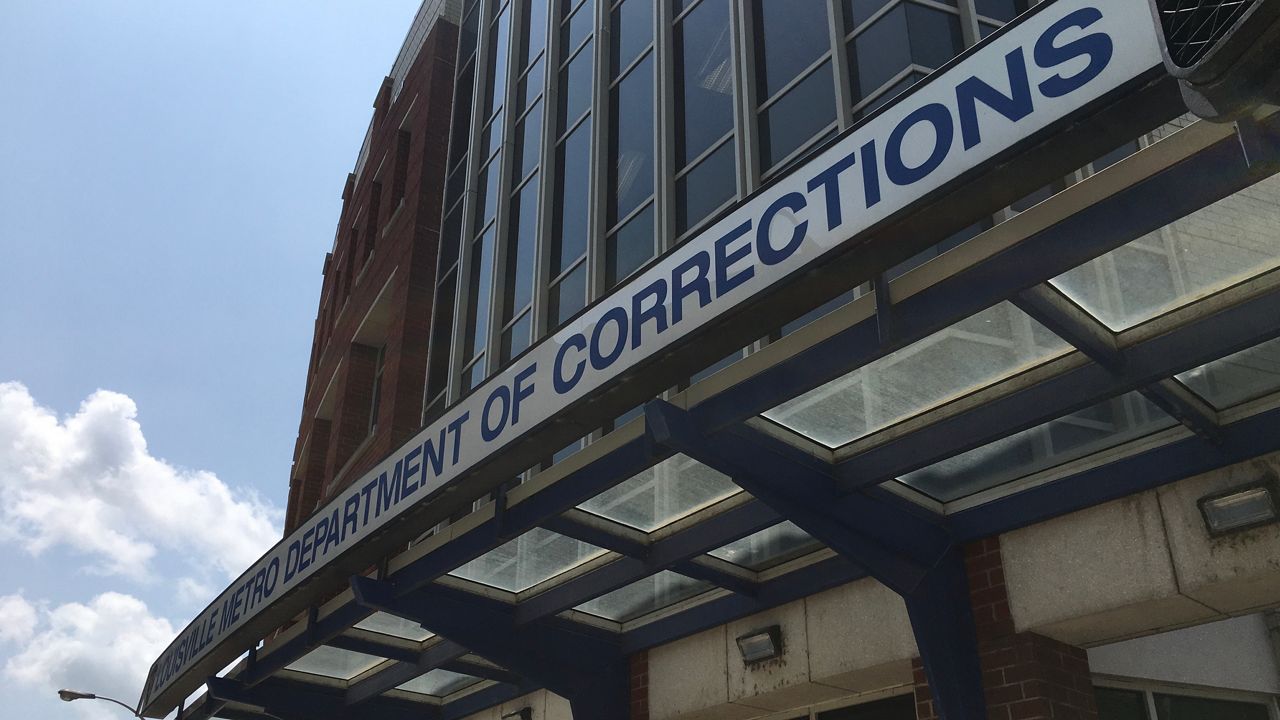LOUISVILLE, Ky. — Several days after he was charged with attempted murder after allegedly shooting at Louisville mayoral candidate Craig Greenberg (D), Quintez Brown was released from jail.
The Louisville Community Bail Fund paid $100,00 to secure Brown’s release and the 21-year-old was ordered to home incarceration, requiring him to wear a GPS ankle monitor.
Brown’s release has resulted in a wave of criticism from across the political aisle.
“Less than 48 hours after this activist tried to literally murder a politician, the radical left bailed their comrade out of jail,” Sen. Mitch McConnell (R) said on the U.S. Senate floor Thursday. “This is just jaw dropping."
Adam Edelen, the former Kentucky auditor and one-time Democratic candidate for governor, tweeted a similar sentiment: “There is simply no defense for a would-be assassin to be released on bail, 60 hours after firing on his intended target.”
Greenberg himself criticized the process in a statement Thursday, writing: “It is nearly impossible to believe that someone can attempt murder on Monday and walk out of jail on Wednesday."
He added that if "someone is struggling with a mental illness and is in custody, they should be evaluated and treated in custody." Brown's lawyer said this week that his client suffers from "serious mental issues.”
According to several lawyers, it's very rare that a suspect is not given the opportunity to make bail. Section 16 of the Kentucky constitution guarantees the right to bail for all crimes except for those punishable by the death penalty.
"There's always a bail that is set," said Rachael O'Hearen, president of the Kentucky Association of Criminal Defense Lawyers.
In a Facebook post, District Court Judge Julie Kaelin wrote that when judges believe someone “really needs to stay in jail…bonds are simply set at an amount that appears unattainable.”
And County Attorney Mike O’Connell, the county’s top prosecutor, said in a statement that his office “successfully argued for and received a higher bond commensurate with the seriousness of the offense.”
While the seriousness of the offense can lead a judge to increase bail, it does not allow them to deny bail altogether.
State law spells out the considerations a judge is to make prior to pretrial release, including whether a suspect poses a flight risk, is a risk for not appearing for trial, and poses a danger to others. In cases where a suspect is seen as a “moderate” risk, they may be ordered to wear a GPS monitor, as Brown has been.
In a radio interview Thursday, Commonwealth's Attorney Tom Wine explained: “This is not a judge’s decision. This is by the Kentucky Constitution, and the Supreme Court rules and the Kentucky revised statute. Bond has to be set.”
O'Hearen reiterated: "Just because it's a really bad case doesn't mean that they should not get out because they haven't been convicted yet."
After multiple deaths at Louisville Metro Department of Corrections in recent weeks, calls have increased to reform the cash bail system in Kentucky.
Proponents of reform argue that cash bail allows wealthy people, or those with access to large sums of money, to buy their freedom pretrial. Meanwhile, former Kentucky Public Advocate Ed Monahan said, “We have many, many people in Kentucky jails, presumed innocent, who, but for a small amount of money, are unable to be released pretrial. That is making poverty a crime.”
Monahan said a better system would assess the risk of the suspect and "take the money side out of it."



